American economists and the American people seem to live in two different realities - this disagreement could ultimately decide who will be the new owner of the White House, Mr. Donald Trump or Ms. Kamala Harris.
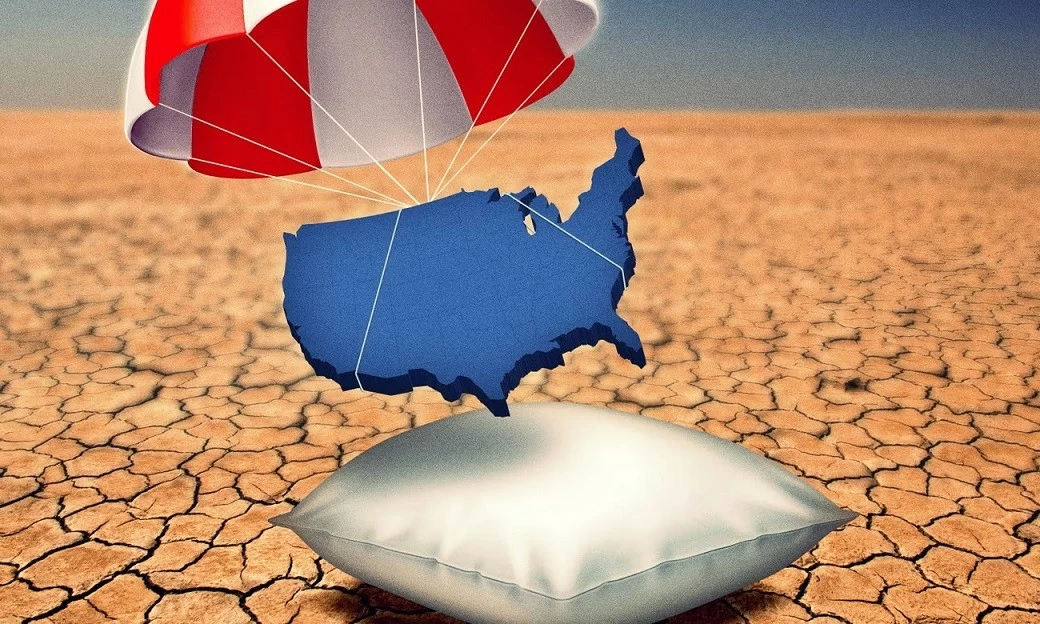 |
| As the US election approaches and voters repeatedly say the economy is their number one concern, it has never been more urgent to understand why voters are so upset. (Source: The Guardian) |
Economy - top concern of voters
According to US economists, the past few months have been filled with positive news for the country. Inflation is only slightly higher than pre-Covid-19 pandemic levels (2020), unemployment is near a 50-year low, and the stock market has been hitting record highs.
The US Federal Reserve (Fed) cut interest rates last month, for the first time since 2020. Some researchers even say the US economy is currently one of the best in decades.
However, as the United States approaches the 2024 presidential election, with a tight race between Democratic candidate, current Vice President Kamala Harris, and Republican candidate, former President Donald Trump, many Americans believe the economy is less optimistic.
Paul Spehar, 62, a technician at a maintenance company in Daytona Beach, Florida, said that while reports indicate the economy is doing well, he has seen his savings dwindle. His auto insurance costs have tripled in the past three years, and he has racked up $2,000 in debt from a recent surgery. When Spehar retires, he will have to rely solely on Social Security.
“This system doesn’t work for people like me,” Mr Spehar said.
This is a common view. In a Harris Poll conducted exclusively for The Guardian in September, nearly 50% of Americans believed the country was in a recession; more than 60% thought inflation was rising, and 50% thought unemployment was rising.
Even those who might know what economists are saying aren't feeling optimistic: 73% said it's hard to be happy about any positive economic news when they feel a financial squeeze every month.
As Election Day approaches, and voters repeatedly say the economy is their number one concern, it has never been more urgent to understand why voters are so upset. So why do economists and Americans seem to live in different realities? The answer may depend on how they view inflation.
For economists, inflation is “a nominal thing,” said Stefanie Stantcheva, an economist at Harvard University.
In other words, for them, inflation is a metric—an important metric, especially from the perspective of the Fed, whose job it is to adjust monetary policy to control inflation. But for ordinary Americans, inflation is a lived experience.
“Life experiences teach us a lot and they show that people are suffering a lot from inflation, probably more than the published numbers,” said Ms Stantcheva.
“I think it’s important not to just look at that number and say, ‘Oh, this is what the consumer price index (CPI) is… People have different experiences with that and those experiences should be taken seriously,” the researcher added.
The “nominal” figure evoked feelings of anger, fear, anxiety and stress — along with feelings of inequality and injustice, when people were asked open-ended questions about how inflation made them feel, Ms Stantcheva said.
According to this expert, people "think that wages are not keeping up with prices, so their standard of living is being eroded. Inflation affects us as consumers, as workers, as asset holders, and also emotionally. It affects a lot of people, especially those on low incomes."
Inflation in the world's largest economy peaked in the summer of 2022 at 9.1% - the highest since the early 1980s. It took more than two years for the figure to return to below 3%.
To combat rising prices, the Fed began raising interest rates, making borrowing more expensive. This worked, but for many people, the economic data and the realities of lived experience were not in sync.
To economists, it looked like the Fed had achieved what they call a soft landing — a rare feat in which inflation falls but unemployment remains relatively low. Conversely, a hard landing — which many economists had predicted — would mean unemployment would rise as inflation falls, triggering a recession.
But for many Americans, this is not a soft landing.
Lower inflation doesn't mean lower prices, it means deflation, which is actually a bad sign for the economy. So prices have been and will remain high. For example, food prices have increased 25% from 2019 to 2023, according to the US Department of Agriculture .
The effects of higher interest rates also take time to ripple through the economy, so Americans are still paying higher interest rates in addition to inflation. As prices rise, so do the costs of borrowing money for homes, cars, and credit card bills.
What economists call a soft landing “stands in stark contrast to ordinary Americans who find themselves in the middle of the chaos,” said John Gerzema, CEO of the Harris Poll.
While economists and President Joe Biden's administration celebrate the low unemployment rate, ordinary Americans are unlikely to take comfort in the good news even if they still have jobs.
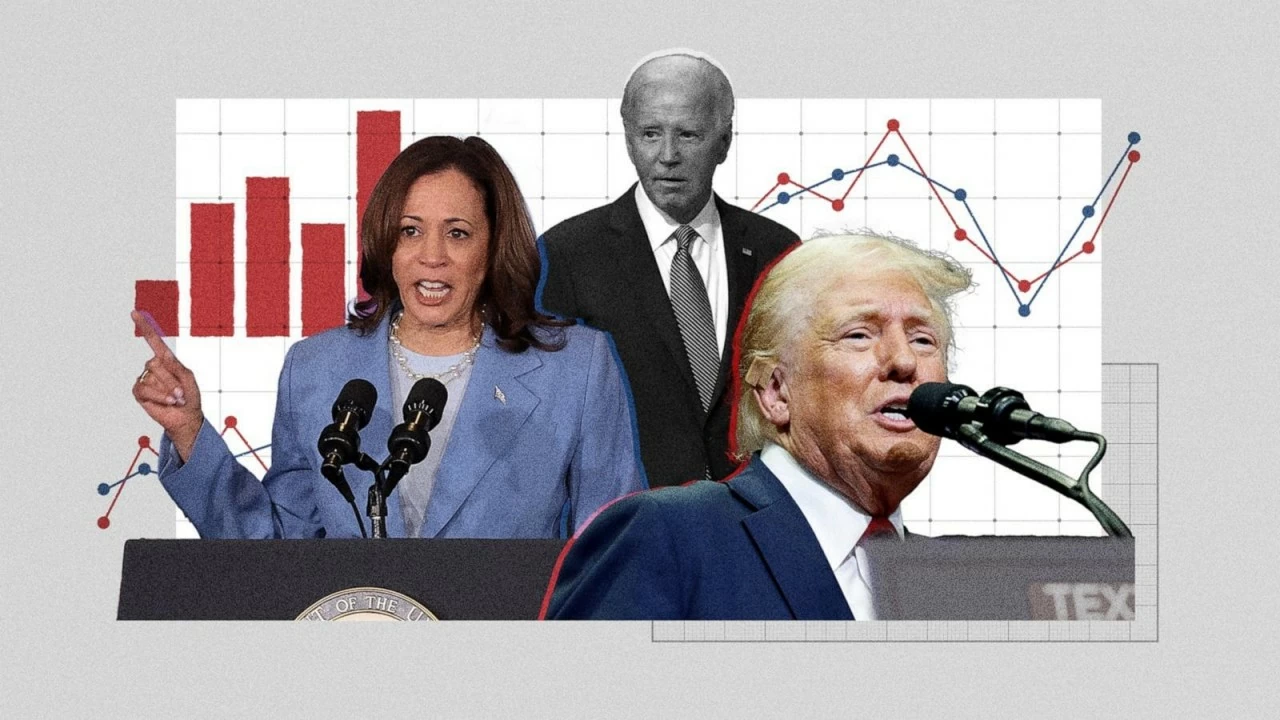 |
| One thing both Donald Trump and Kamala Harris seem to agree on is that inflation has hurt Americans and they are taking action to fix it. (Source: Getty Images) |
Common goals between the two presidential candidates
“When you’re unemployed, it’s a personal thing,” said Mr. Gerzema. “For most people, unemployment isn’t a big factor in their lives. But inflation is a persistent personal thing. Every week, it changes your standard of living.”
MaryKate, 25, said she still lives at home with her parents because rent is too expensive. When she graduated from college in 2021, it took her a year to find a full-time job with benefits and it was difficult to save money to move out. She recently took out a loan to buy a new car to get to work every day.
“I didn't intend to live with my parents for so long,” says MaryKate. “It hindered my personal growth.”
She thought about how her parents were able to rise from lower middle class to middle class during their lifetime, and didn't feel that the flexibility they experienced was something she could apply.
“At least in my family, there’s always been this idea that the next generation will do better than the last,” says the 25-year-old. “I don’t know if that’s necessarily true for me.”
This is a view shared by many Americans. In the same poll, 42% of Americans said they were no better off financially than their parents were when they were their age.
One thing Donald Trump and Kamala Harris seem to agree on is that inflation has hurt Americans and they are working to fix it. That’s why Trump proposed ending the tip tax at a Las Vegas rally, while Harris has shifted her focus away from Bidenomics — investing in infrastructure, boosting the U.S. chip industry — to putting housing costs and curbing price increases at the heart of her economic proposals.
These kinds of policies are “personal appeals,” Mr. Gerzema said, focusing on the “pixels” of the economy, rather than the big picture. Purchasing power, personal feelings about job security, student loans, gas prices — all are “pixels” that make up a picture of a person’s personal economy.
"I think pixels become incredibly important because when you look at it, you really start to understand a different picture," said Harris Poll CEO.
Both presidential candidates seem to understand that much of the election depends on these emotions and that America's voters will choose the person they think understands them best.
Source: https://baoquocte.vn/us-2024-trump-and-harris-are-both-confident-that-they-will-win-292629.html


![[Photo] Prime Minister Pham Minh Chinh chairs meeting on science and technology development](https://vphoto.vietnam.vn/thumb/1200x675/vietnam/resource/IMAGE/2025/5/17/ae80dd74c384439789b12013c738a045)

![[Photo] Readers line up to visit the photo exhibition and receive a special publication commemorating the 135th birthday of President Ho Chi Minh at Nhan Dan Newspaper](https://vphoto.vietnam.vn/thumb/1200x675/vietnam/resource/IMAGE/2025/5/17/85b3197fc6bd43e6a9ee4db15101005b)

![[Photo] More than 17,000 candidates participate in the 2025 SPT Competency Assessment Test of Hanoi National University of Education](https://vphoto.vietnam.vn/thumb/1200x675/vietnam/resource/IMAGE/2025/5/17/e538d9a1636c407cbb211b314e6303fd)





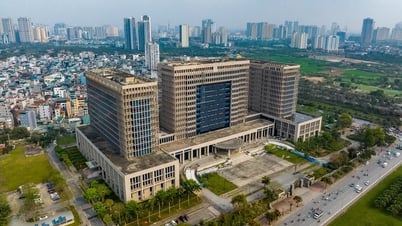



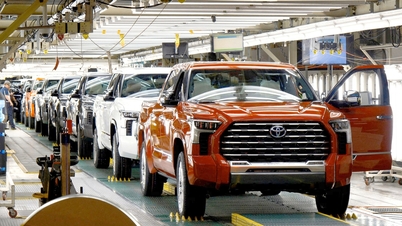




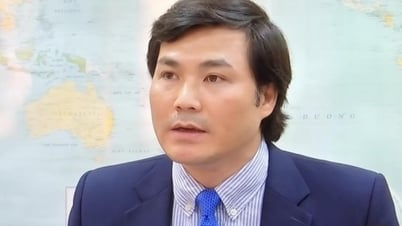
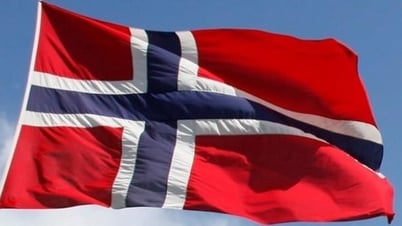











![[Photo] Nearly 3,000 students moved by stories about soldiers](https://vphoto.vietnam.vn/thumb/1200x675/vietnam/resource/IMAGE/2025/5/17/21da57c8241e42438b423eaa37215e0e)























































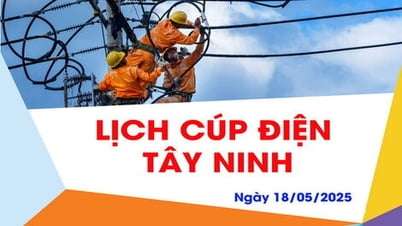














Comment (0)